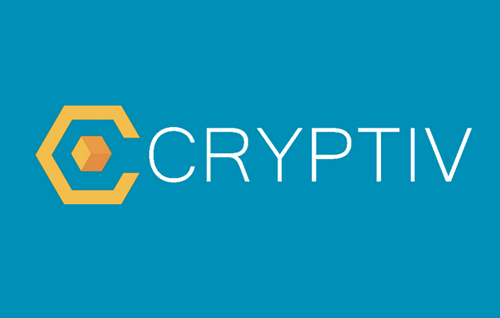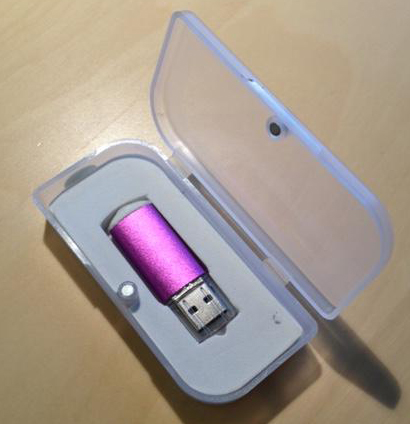Note: Shu Wang, the founder of Simple Coin Card, will be at the Decentral meet-up tonight (December 10) to answer your questions.

Gift cards are a convenient and simple way to give people what they want while also allowing them to make choices in their purchases. Now, Simple Coin Cards make it easy to give the gift of bitcoin.
Simple Coin Cards look like regular plastic gift cards and come in a variety of pre-set amounts that match Canadian currency denominations: $5, $10, $20, $50 and $100. They have a one-time key on the back that is activated on purchase. All you do is scratch and reveal the key, visit simplecoincard.com, enter the key, and deposit your coins to the wallet of your choice. Don’t have a wallet? You can easily click on the link provided to create your own Rushwallet in seconds.
After the recipient has deposited their gift in their wallet, they can start spending their coins.
The website also has a list of links to places where you can spend your bitcoins.
Because Simple Coin Cards come in a variety of denominations, they are a fantastic way to introduce your family and friends to bitcoin. Anyone who has ever used a gift card or a phone card will find the card platform familiar and safe.
While Simple Coin Cards make excellent gifts, they are also a year-round alternative to using a bitcoin ATM to purchase bitcoin in person. The fees are comparable at 10% (deducted at the time of redemption) and the rate of exchange is derived at the time of purchase from the best available price among the Canadian exchanges. Cards are portable and don’t require a prolonged Internet connection to get your coins.
Security
All funds that support any activated Simple Coin Cards are stored in a secure hot wallet, while funds for unactivated cards are kept in cold storage. Each card has a unique, one-time use key on the back. Once the key has been entered into simplecoincard.com and the bitcoins have been transferred into the user’s wallet, the card is no longer active and can be discarded. Cards are not refillable or reusable.
Where to purchase Simple Coin Cards
Right now, Simple Coin Cards are available to purchase in person exclusively at Decentral Toronto, 64 Spadina Ave. Simply come in during our regular office hours and ask for Simple Coin Cards at the front desk.











 Made in Canada
Made in Canada